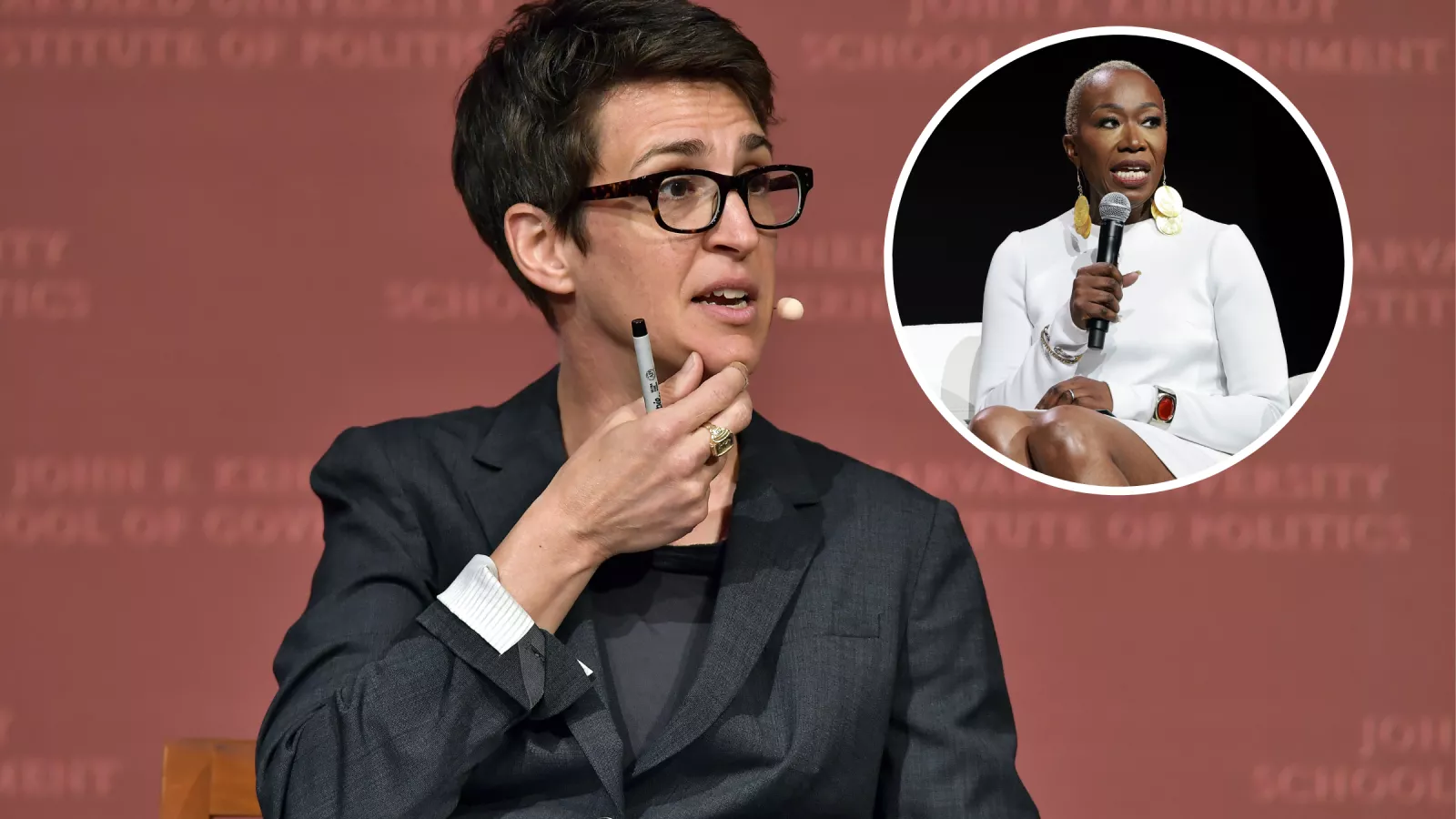The News Revolution No One Saw Coming: Maddow, Colbert, and Joy Reid Break Free From MSNBC, Sparking Industry Chaos and Speculation

In a move that has sent shockwaves through the media world, Rachel Maddow, Stephen Colbert, and Joy Reid have reportedly joined forces to create a new independent newsroom, signaling a dramatic break from the constraints of MSNBC.
According to insiders, the initiative, quietly developed over the past several months at a confidential studio in New York City, is designed to operate without editorial censorship, internal restrictions, or the usual network oversight that has long defined cable news.
Sources close to the trio describe the environment as unprecedented, with Maddow taking the lead in establishing protocols that ensure reporters and hosts can address sensitive topics without fear of network pushback.
“We don’t need anyone’s approval—not anymore,” Maddow reportedly said during a private strategy meeting, a comment that has since circulated widely among media insiders and sparked intense speculation about the scope and ambition of this project.
The sentiment reflects an intent to challenge the traditional power structures of cable news, potentially rewriting the rules of broadcast journalism.
Colbert, known for his acerbic humor and willingness to target powerful figures, is reportedly contributing to the project with segments designed to cut through standard political narratives, while Reid, whose commentary often focuses on issues of race, equity, and accountability, is said to be developing a platform that encourages fearless analysis without the usual editorial filtering.
Together, the three media personalities are creating a hybrid format that combines Maddow’s investigative rigor, Colbert’s satirical edge, and Reid’s unapologetic commentary, promising a bold new approach that insiders say could redefine political talk on television.
The implications of this collaboration are already rippling through MSNBC’s corporate offices.

According to an anonymous executive, the move has triggered both outrage and concern among network leadership, with fears that such an unfiltered, high-profile project could draw talent away, destabilize ratings, and challenge the network’s traditional influence over the national discourse.
Rumors of internal backlash, potential retaliatory actions, and even efforts to undermine the trio’s project have begun circulating among staffers and industry observers, though no official statements have been made.
Observers also note that the timing of this initiative coincides with a period of heightened scrutiny for major cable networks.
In recent years, MSNBC has faced criticism from multiple fronts—viewers, political commentators, and regulatory watchdogs—for perceived bias, selective reporting, and occasional suppression of controversial stories.
The creation of an independent newsroom led by three of the network’s most prominent figures could represent both a response to these criticisms and an opportunity to capture an audience hungry for unfiltered, direct reporting.
Despite the secrecy surrounding the operation, insiders report that the trio has already begun piloting segments and developing content under the new model.
Early test screenings are said to include hard-hitting investigative pieces, unfiltered political commentary, and satirical analysis of current events, all presented in a format designed to break the traditional mold of cable news programming.
Producers involved in the effort describe the content as “provocative, unapologetic, and deliberately boundary-pushing,” aimed at engaging viewers who feel frustrated by conventional media structures.
The potential risks, however, are significant.

Industry analysts suggest that such a high-profile experiment could provoke regulatory scrutiny, advertiser hesitation, and reputational challenges for the hosts themselves.
By rejecting conventional editorial oversight, the team is effectively placing their credibility and careers in the hands of viewers and public reception, a gamble that could yield either tremendous influence or intense backlash.
Media commentators are already debating whether this experiment represents a new era of journalism or a dangerous step toward media chaos.
Some suggest that by bypassing traditional network controls, the trio could inadvertently create an environment where fact-checking and accountability become secondary to shock value and audience engagement.
Others argue that this initiative could set a precedent for independent journalism that prioritizes truth and fearless reporting above corporate or political interests.



